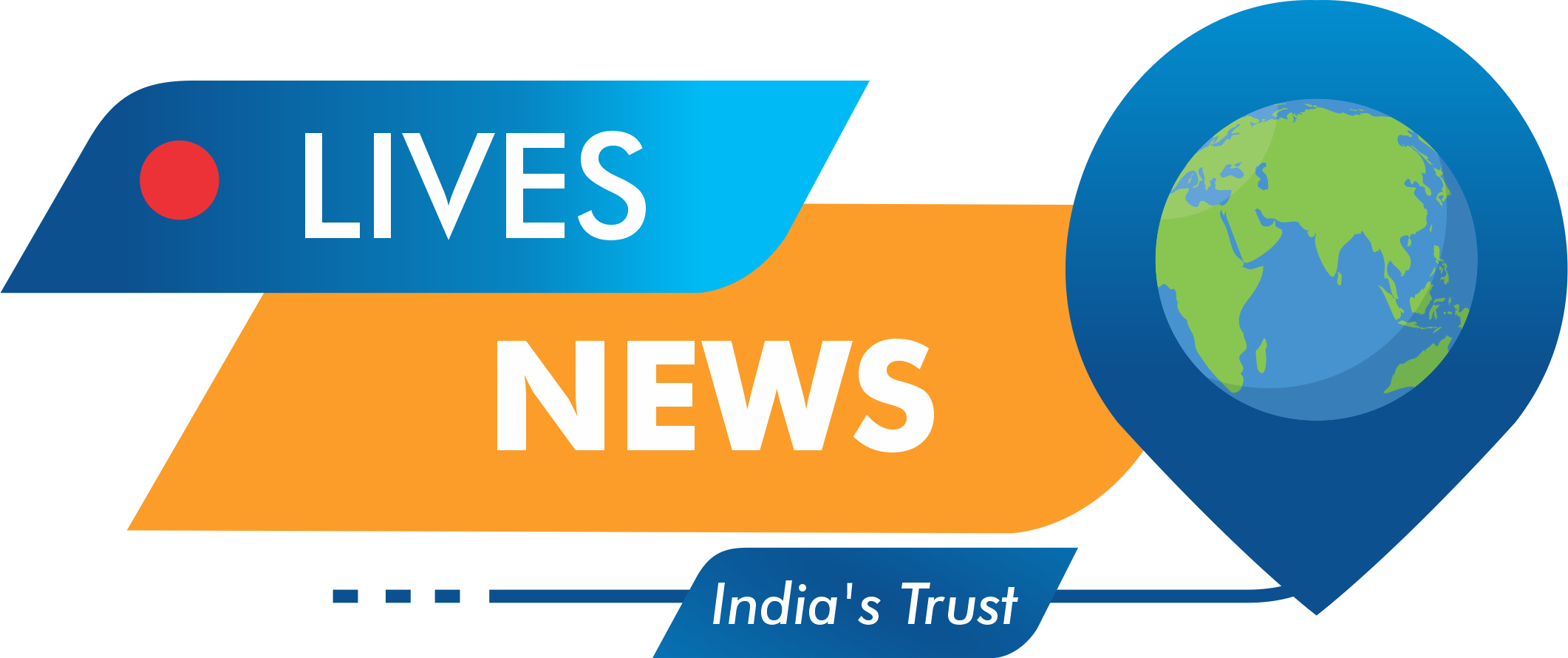Last Updated:
Newborn screening offers every child a safer, healthier start by enabling early detection, timely care, and improved outcomes for life-threatening yet manageable conditions.
Newborn screening aims to identify hidden conditions before symptoms show up
One of the most effective public health initiatives is newborn screening, which looks for serious but treatable health issues in newborns as soon as possible after birth. By facilitating early diagnosis and prompt intervention, these screenings can help avoid serious complications, permanent disability, or even infant death. Dr Shashank Bansal, Consultant Pediatrician and Neonatologist, Ujala Cygnus Group of Hospitals shares all you need to know:
Usually conducted within 24 to 72 hours after birth, newborn screening begins with a simple procedure: a few drops of blood are collected from the baby’s heel and placed on a special filter paper. This sample is then sent to a laboratory, where it is tested for a range of disorders—typically genetic, metabolic, hormonal, and enzymatic in nature. Alongside the blood test, additional screenings for hearing loss, eye testing for ROP and critical congenital heart defects are also performed.
Newborn screening aims to identify hidden conditions before symptoms show up. Early diagnosis enables doctors to begin treatment right away, which can have a big impact on the baby’s growth, quality of life, and general health.
Conditions commonly identified through screening include phenylketonuria (PKU), congenital hypothyroidism, sickle cell disease, spinal muscular atrophy (SMA), and maple syrup urine disease. Without screening, many of these disorders might go unnoticed until irreversible damage has occurred.
Thanks to early intervention, children identified through newborn screening often go on to live healthier, longer lives. Families are also empowered with the information they need to provide the right care from day one.
Newborn screening is continuously evolving. Research and development—led by institutions like the Centers for Disease Control and Prevention (CDC)—are expanding the range of testable conditions and enhancing screening accuracy.
In essence, newborn screening offers every child a safer, healthier start by enabling early detection, timely care, and improved outcomes for life-threatening yet manageable conditions.




